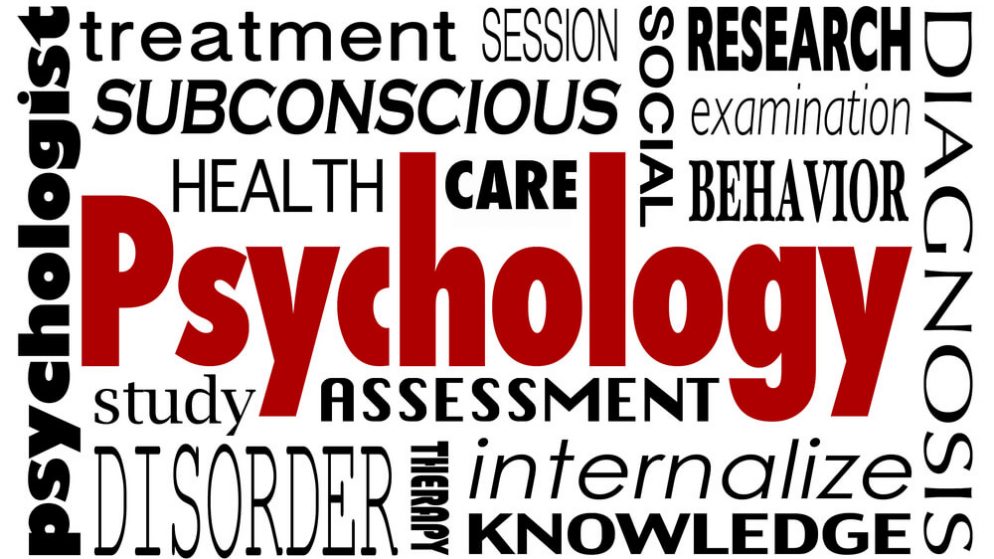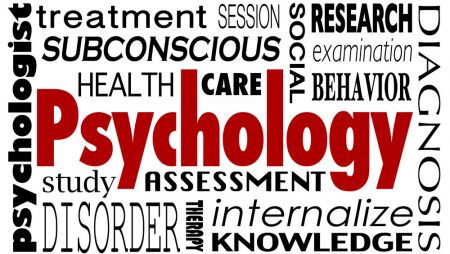



Get new exclusive access to healthcare business reports & breaking news




Mental health involves your psychological, emotional, and social well-being. It affects how you feel, think, and act. Mental health also determines how you relate to others, handle stress, and make choices. Some of the factors that can contribute to mental health problems include brain chemistry, genes, and biological factors like abuse, trauma, life experiences, and family history.
It’s estimated that one in four adults aged 18 and above have a diagnosable mental disorder in a given year. This is why there’s increased demand for trained and knowledgeable professionals with the tools to fight against mental ill-health and promote recovery. Below are reasons to enroll in a Master’s Degree in Mental Health.
Thanks to charity work and campaigns, mental health awareness is on the rise, but so are mental health issues. Even with increased awareness, a lot needs to be done to balance mental health and well-being and reach out to those in need. With the availability of various mental health courses available online, you can acquire the skills needed to support those in crisis and become part of the required solution.
Due to increased awareness, the demand for qualified professionals required to assist with mental health care at structural and individual levels has increased. With a Masters degree in mental health, you can unlock an array of career opportunities to enable you to kickstart your career. Since there are several courses to consider, you may choose to specialize. For example, if you want to be a psychologist, you can take specialized training at a master’s level to become a psychotherapist or a counseling psychologist.
As the world becomes fast-paced, more competitive, and digitized, you may find it challenging to set time for yourself and maintain a relationship with your inner self or human connections. This may result in symptoms and behaviors like anxiety, depression, irritability, sleep loss, troubled relationships, and more. Unlike the olden days, people are now ready to overcome these challenges by seeking professional assistance. With a master of mental health, you can offer your skills and knowledge to heal the world while ensuring job security.
Studying a mental health-related course such as psychology will equip you with knowledge in critical areas in the mental health industry. It helps you understand your well-being needs and those of others, provide actionable wellness plans for clients, and what to do in times of crisis.
Besides acquiring many technical skills, you can also learn soft skills and core competencies, like observation skills, strong communication skills, empathy, effective interpersonal skills, suicide prevention, and more. These can help you get insights on people during practice and out in the real world.
Acquiring a mental health master gives you a chance to explore dedicated systems meant to treat specific mental conditions and offer personalized care for those who need it. When you understand the systems designed to help a particular group of patients, you’ll gain essential skills to devise and innovate solutions for specialized treatments to ensure these patients receive the best care.
Becoming a mental health specialist requires you to learn all your life. Human behavior is broad, and the journey of self-discovery never ends. You learn more with each new patient, which helps you make a difference in other people’s lives.